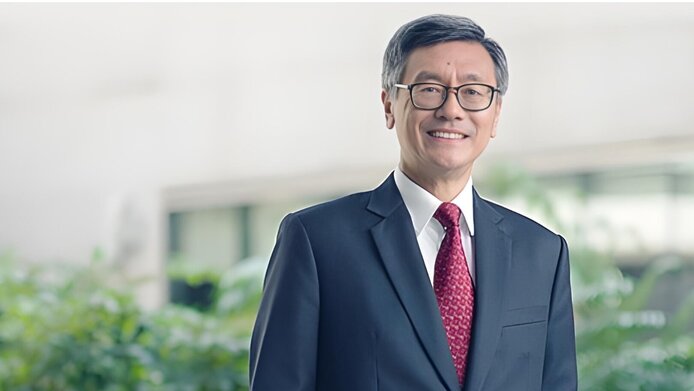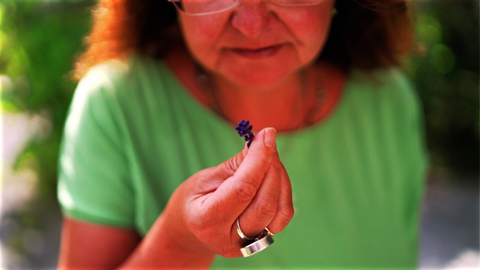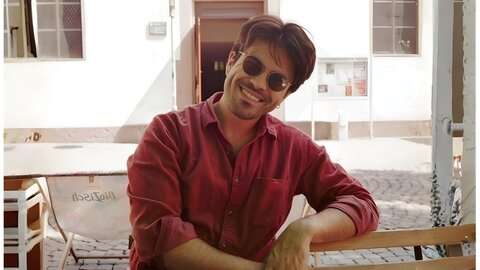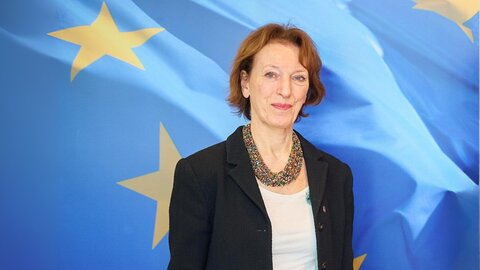“Excellence and relevance are not mutually exclusive”

FWF: What factors affect the setting of priorities for academic research at the NUS?
Tan Eng Chye: Priorities depend on the domestic context of research funding. 90 per cent of NUS funds come from the government, which has set a target of one per cent of GDP to be invested in research. There is also the hope that industry will provide additional funds amounting to two percent of GDP. Between 15 and 20 percent of total research expenditure will go to basic research. Every five years, the government of Singapore decides on its research funding strategy. Some areas of research receive more support because they are considered important for the country’s development. Four areas have been prioritised in the current five-year period.
FWF: Which research areas are currently being supported?
Tan Eng Chye: One is Industry 4.0 and a renewal of the manufacturing sector. Sustainability is another – given that Singapore is an island, the people here will be particularly affected by climate change. A further aspect is the wish to position the country as a “smart nation”, to adapt more digital technologies and build on the concomitant skills. The fourth area is healthcare – biomedical research and its application. And then there is a fifth area called “white space”: a budget reserved for the event that something occurs to which researchers must respond immediately. Most of the government funding is channelled through the National Research Foundation (NRF). Accordingly, our professors have to align their applications for research grants to the areas I have mentioned.
FWF: At many universities, the ideal of free and curiosity-driven basic research is being exposed to increasing pressure to make way for low-risk, user-oriented research that aligns with business interests. Does basic research need to be more strongly protected against these interests?
Tan Eng Chye: It is a constant struggle. As a mathematician, I myself am a basic researcher. But not everything can be basic research, nor can everything be application-oriented. There must be a meaningful balance to which the funding agencies also need to agree, especially when the money comes from public coffers. Governments are under public scrutiny and many people would prefer to invest the money in projects that promise immediate or near-term benefits. In order to improve a country's capabilities in the long term, however, one must support basic research. Excellence and relevance are not mutually exclusive. The most important aspect is quality.
FWF: Where do you see commonalities and differences between the NUS and the academic cultures prevailing in Europe and the USA?
Tan Eng Chye: We only started investing seriously in research at the NUS 20 years ago – in this respect we are a very young university. The USA decided, after the Second World War, that the government should play a key role in promoting science – c.f. Vannevar Bush's "Science: The Endless Frontier". That was a time when science had a high level of acceptance there – it had helped to win the war, after all. US research infrastructure has thus had more than 70 years to grow and evolve. Europe and the UK soon followed. The UK, for instance, has an evaluation system that allows funds to be distributed as a measure of the impact of the research concerned.
While we have learned from the US and Europe, we also understand the context of Singapore and tailor our concepts accordingly. We don't look at research in isolation, but always consider the entire Research-Innovation-Enterprise ecosystem to make sure there is enough expertise available across the entire spectrum, from basic research to company-level activities.
FWF: International networks are important for the recruitment of scientists, but also for cooperating in projects. How do you build these networks?
Tan Eng Chye: The network is important. Having good scholars is even more important, however, because they come with their own networks. That helps with recruitment, since good researchers will attract more good researchers.
FWF: What opportunities does the NUS have to offer young researchers who have not yet made a name for themselves in the research community?
Tan Eng Chye: By way of example I can tell you that we have a special position for young scientists, a “Presidential Young Professorship”, which is endowed with substantial funds and accords its holders a very privileged position among assistant professors. We also have the National Research Foundation Fellowships for early-career researchers, which is another very effective instrument. An important question for a university concerns how to identify research talent with great potential in the first place. First of all, the professors will recommend their best students. And secondly, we pay attention to who receives offers from other top universities – in the USA, for example – and offer them a position here. You have to confront this competition for young talent aggressively, because they are the future.
FWF: How do you create an environment that helps researchers to develop their full potential?
Tan Eng Chye: There are several important ingredients: good people like to work with other good people – so you have to have enough of those. You also need state-of-the-art infrastructure. Thirdly, you have to make sure that researchers can connect easily, that they can travel, that they can cooperate. Fourthly, you need an open environment. We must not restrict talent. The researchers must be given the freedom to do what they are good at. And finally, you need a safe environment, not only for the researchers themselves, but also for their families. They should not have to worry about anything, but should be able to concentrate fully on their work.
FWF: The Covid-19 pandemic has also changed university life. How did the NUS deal with this?
Tan Eng Chye: Now is the time for universities to demonstrate how much value they are offering to their country. We have a school of public health, for instance, that supports the government with epidemiological modelling and advice on Covid-19 mitigation and measures. We were one of the first universities in the world to offer a serological test for Covid antibodies, especially to facilitate contact tracing. Today, we are able to perform 14,000 tests per day on a population of 5.5 million people – one of the best rates worldwide. There are currently several rapid diagnostics projects underway. In the future, Covid-19 tests should take no longer than 30 minutes, and hopefully cost less than S$1, which greatly simplifies contact tracing. One of the 24 vaccines currently being tested in clinical trials on humans worldwide has been developed by us. Covid-19 will change the world. The way we live, the way the economy works – everything will be different after the pandemic. For this reason we have also launched a programme ("Reimagine Research") to reflect on what kind of research will be needed for this new era.
Tan Eng Chye has been President of the National University of Singapore (NUS) since 2018. As a professor with a PhD degree in mathematics from Yale University, USA, he initiated a number of NUS research and education programmes and has held various positions in which he contributed to building the university's current academic system. Founded in 1905, the NUS is the oldest university in Singapore. It consistently ranks among the top three universities in the Asia-Pacific region and among the top 100 worldwide.
Return on Investment – Excellence & Relevance in Science
Panel Discussion, European Forum Alpbach Friday, August 28, 2020, 9:00 - 11:00 a.m., online Tan Eng Chye is one of five international experts who will be a virtual guest at the Breakout Session of the Austrian Federal Ministry of Education, Science and Research and the Austrian Science Fund FWF at the European Forum Alpbach on 28th August to discuss potential contradictions between scientific excellence and social relevance.





